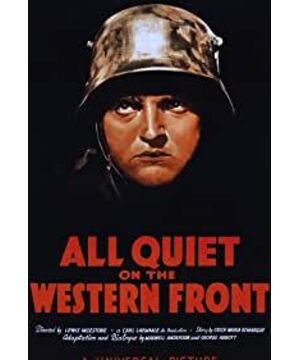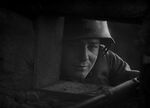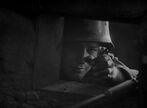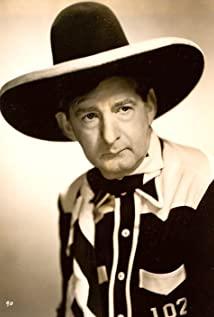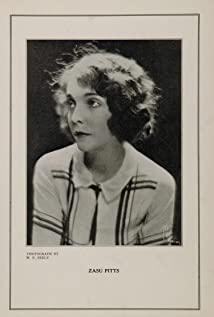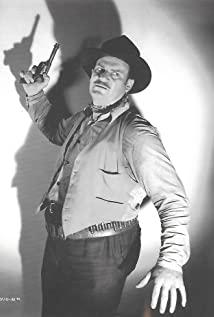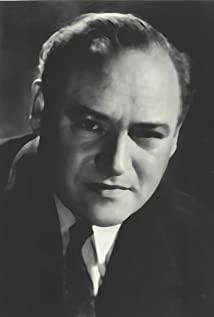Those handsome teenagers, when they stepped onto the front line, were still smiling, feeling that they were making contributions to the country and enjoying their greatness. For them, this was more like a game and an exciting adventure. Seeing them strangely waiting for a new life in the camp, how can we associate them with the impression of innocence?
Seeing that these young people are still the postman yesterday, and today they have become the leaders of the captain’s fellow townsman, these children’s helplessness is more like a high school student in military training. They
are just postmen, but overnight, their identities have changed dramatically , and they have risen by the east wind. , Looking at him with a smug smile, I really want to scold him for being a villain, but maybe this is the big environment.
The so-called brainwashing is to forget everything in the past, start to accept this new identity again, and adapt to the
first day of training as a soldier . Those initial excitement fade away, leaving only boredom and incomprehension, watching their mischievous revenge actions. You will laugh suddenly and feel that they are really just wayward children.
Only when you get to the front will you discover the true face of the war. It’s just gunpowder and bombs. There is no justice or injustice. At that time, the first thing is to ensure our victory and see what you are familiar with. People really fall on the ground and won't wake up, only to realize that this is not a PRG (role playing) game, but a real cruel and bloody battlefield. The young soldier accepted the baptism of the war, and the moment when the signal flare burns can be as gorgeous as fireworks. It turns out that the moment the explosive burns on you, you are nothing but a corpse, which no longer has any meaning. The panic on the young face is real. The first time I saw someone dying, all actions were at a loss, but then, after changing battles and witnessing death again and again, what I saw in my eyes was numb and at a loss, and I could no longer think about the meaning and meaning of war. The purpose of joining the army at that time was to survive and win was the only pursuit. When life hangs for a moment, the noble or despicable meaning of all wars is really irrelevant.
In the film, during the time of rest and chat, everyone is a little confused when talking about why they came to war. Even the reason for shooting the enemy is not very clear. Because for them, in fact, they are just strangers, strangers who have no grudges or hatreds. Those so-called enmities are not so clear, but they have to kill each other to ensure their own survival, and they are unable to think. The other party takes off his military uniform and is just an ordinary person with his own family and the peace he wants to protect. .
However, this is war, a war that is helpless, a war that makes people impulsive and loses oneself. On the battlefield, those dreams that have been there are no longer reachable, and can no longer pursue them. The scattered youthful years faded into a trace of blood in the dark background, and gradually disappeared.
In this war, some have lost their lives, some have lost their companions, and some have lost part of their bodies. All of this can only be regarded as a baptism of youth, as if they had gone through that impulse, passionate blood, and irrational. The imprint of the times is
in the war, and human nature begins to be distorted.
In the war, relatives begin to turn into distant memories.
Can you forgive yourself, and retreat when everyone retreats.
Can you accept yourself? Impulsive behavior without reason?
Those childish faces shouldn't have to bear such a heavy weight and parting from life and death, and
can't accept that after every beacon, how many familiar figures around them will be gone.
At the end of the movie, Paul reached out to approach the butterfly but was hit. This scene may explain the truth of the war. Wearing a beautiful coat, it is always bloody and cruel. Even if you want to get close to warmth, it's just in vain.
So we will think, can all of this be forgiven?
Although I know that if I were in that era, I would definitely be an incited person, without reason, but I still can’t forgive ~~==||
View more about All Quiet on the Western Front reviews


